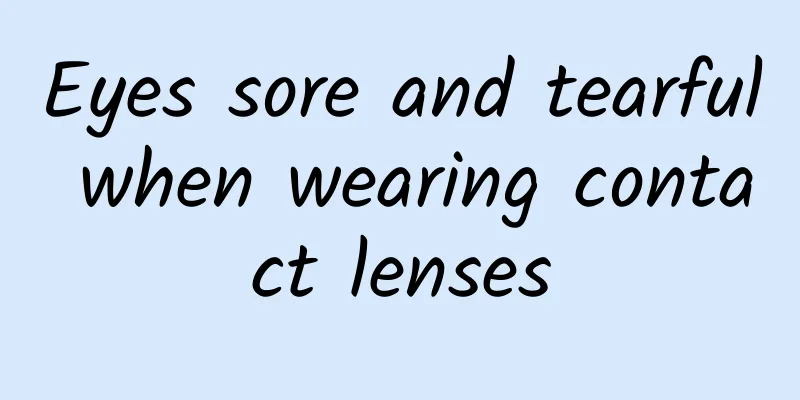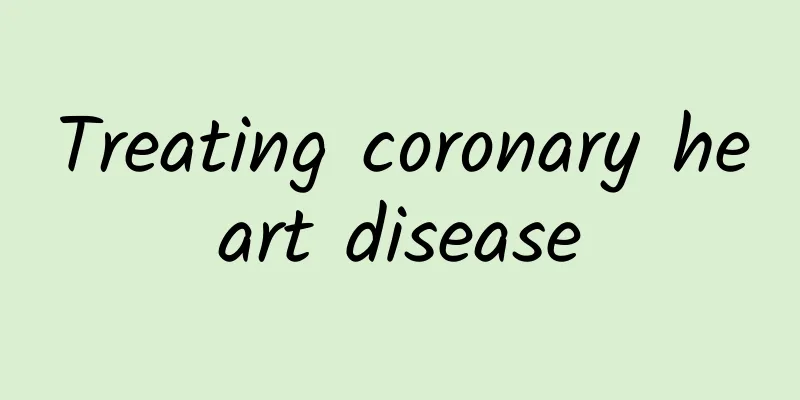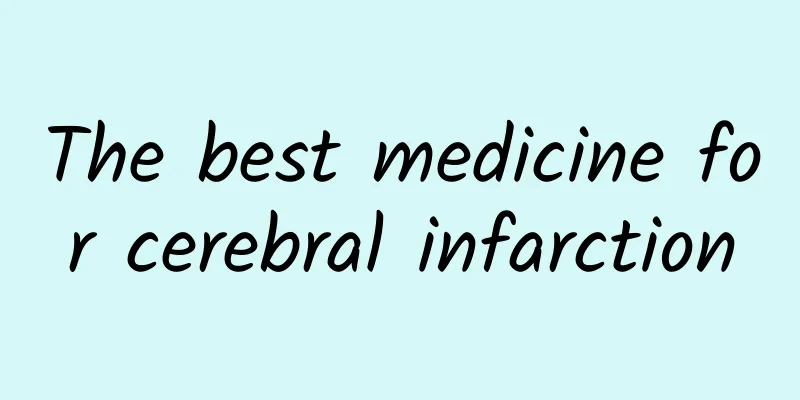How to treat teeth grinding in adults? There are methods to treat teeth grinding

|
When sleeping, the upper and lower teeth bite and make a sound, which is commonly known as bruxism. It is a normal physiological phenomenon for children to grind their teeth during the period of tooth replacement, but it is a pathological phenomenon for adults to grind their teeth frequently. So how can teeth grinding be treated in adults? 1: How to treat teeth grinding in adults1: Reduce the excitement of the brain, do gymnastics to relax properly before going to bed, avoid taking stimulating drinks (such as coffee, strong tea, etc.), do not smoke, brush your teeth, wash your teeth, keep your mouth clean, and pay attention to improving the sleeping environment, which are helpful to reduce the excitement of the brain. 2: Perform muscle relaxation training under the guidance of an expert to prevent and reduce the occurrence of nocturnal bruxism. 3: Use occlusal pads. Let the patient wear a single-jaw full-dentition flat stable occlusal pad or a pressure-formed soft occlusal pad to reduce wear, protect teeth, and relieve maxillofacial pain. 4: Drug treatment mainly focuses on trying to adjust oral and maxillofacial movement disorders and muscle tension disorders. However, drug treatment needs to be particularly cautious and should only be considered when other treatments are ineffective. Drug treatment should be carried out under the guidance of local hospital experts. 2. Psychological prevention: Relax and grind your teeth less1: One of the manifestations of nervous tension, anxiety, depression, anger and other psychological factors during sleep is teeth grinding. Psychologists have found that teeth grinding is a sleep phenomenon caused by the inability to express anger and hatred, or the inability to express sexual desire. When people try to escape subconscious psychological pressure, they grind their teeth during sleep. 2: Do you have psychological pressure? Do you know how to relieve your stress? If you have psychological pressure, you need to take the initiative to relieve it, otherwise you will feel depressed and can only protest by grinding your teeth at night. In addition, there are some workers who require high concentration, such as designers, writers, drivers, athletes, watchmakers, etc. Because of the long-term nerve tension during daytime work, they will also have the problem of teeth grinding at night. This requires you to know how to arrange work and rest time reasonably, and know how to adjust your life. If you already have the problem of bruxism, you need to pay attention to using your brain less before going to bed at night and avoid strenuous exercise. Otherwise, the excited nerves will send "out of control signals" while you sleep, commanding the facial chewing muscles to move and causing bruxism. 3. Incorrect sleeping posture can also cause painA major reason. Experts warn that side-lying and stomach-lying sleeping positions can also easily cause bruxism. These postures cause uneven pressure on the lower jaw, change the position of the joints, and form interfering contacts between the teeth, resulting in increased tension in the jaw muscles, manifested as clenching or grinding of the teeth. |
<<: White vinegar and honey whitening method, white vinegar honey whitening secret
>>: How to whiten dark skin, daily whitening tips
Recommend
The efficacy, effects and side effects of Feier Pills
The main effect of Feier Pills is to treat indige...
What should I pay attention to after wearing the ring?
Nowadays, many women use contraceptive rings to p...
I feel a little uncomfortable in my lower abdomen. What's going on?
It is actually quite common in life to feel a lit...
Angong Niuhuang Pills Efficacy and Contraindications
Angong Niuhuang Pills is a traditional Chinese me...
Anxiety disorder Chinese medicine differentiation
Even highly developed Western medicine has diffic...
Rabies Exposure Grading
In our daily life, we have all heard of a disease...
Qingshang Quntong Decoction
Qingshang Quntong Decoction is mainly used to tre...
Can I eat ice cream when I have a cough?
It is best not to eat ice cream when you have a c...
What are the symptoms of weak spleen and stomach? How to maintain healthy spleen and stomach for children?
Many children with weak spleen and stomach suffer...
What's wrong with corticosteroid face?
Speaking of hormone face, it is quite scary. It i...
What does endocrine disorder mean?
Perhaps everyone is familiar with the term "...
Is the smell under the armpit body odor?
Body odor should not be unfamiliar to everyone. T...
Make a healthy European bread for breakfast - brown sugar and black oatmeal European bread
Oats have high nutritional value and can be cooke...
Which acupoints should be massaged for gallbladder pain
The gallbladder is a pear-shaped organ that store...
Can Fengyoujing cure rhinitis?
Fengyoujing has a certain effect in the treatment...









